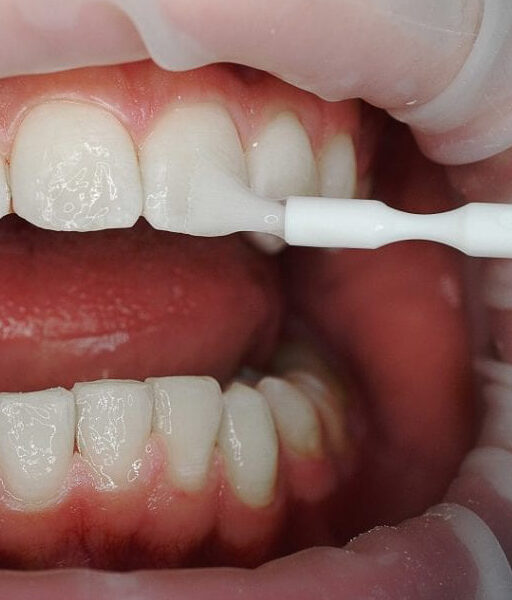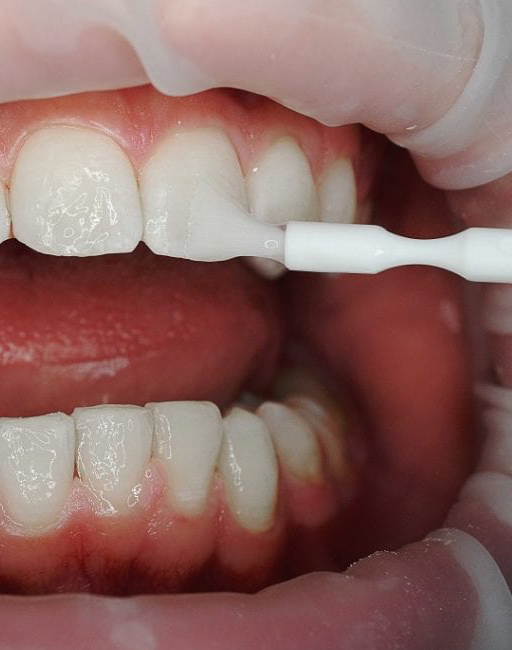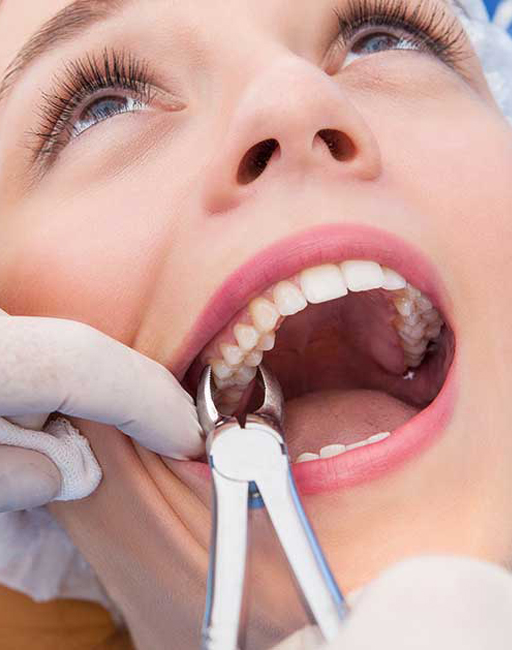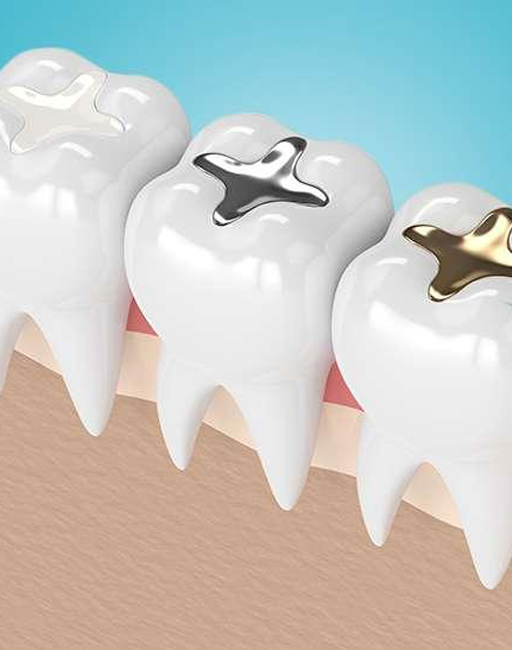Are tooth decay serious?
Tooth decay does more damage than simply breaking down your teeth. It can lead to infections that can spread to the other parts of the body, it can increase your risk of heart disease and it can weaken your immune system.
What is the best medicine for tooth decay?
Fluoride. In the very early stages of tooth decay, fluoride treatments can repair damaged enamel — a process called remineralization. This can reverse the early signs of cavities. You may need prescription toothpaste and mouthwash, as well as fluoride treatments at the dental office.









